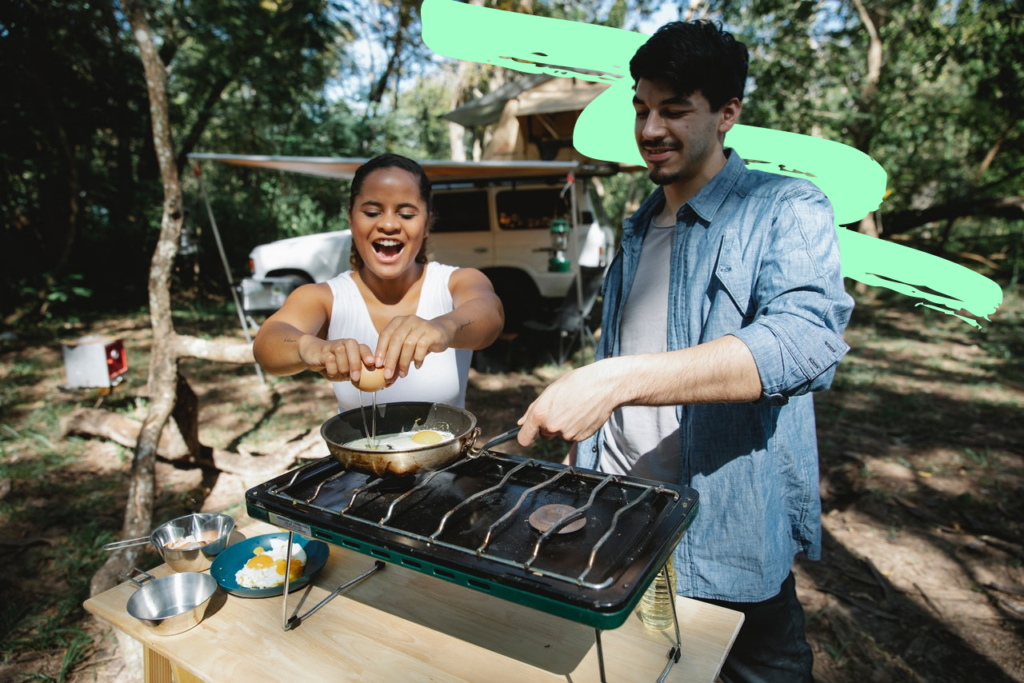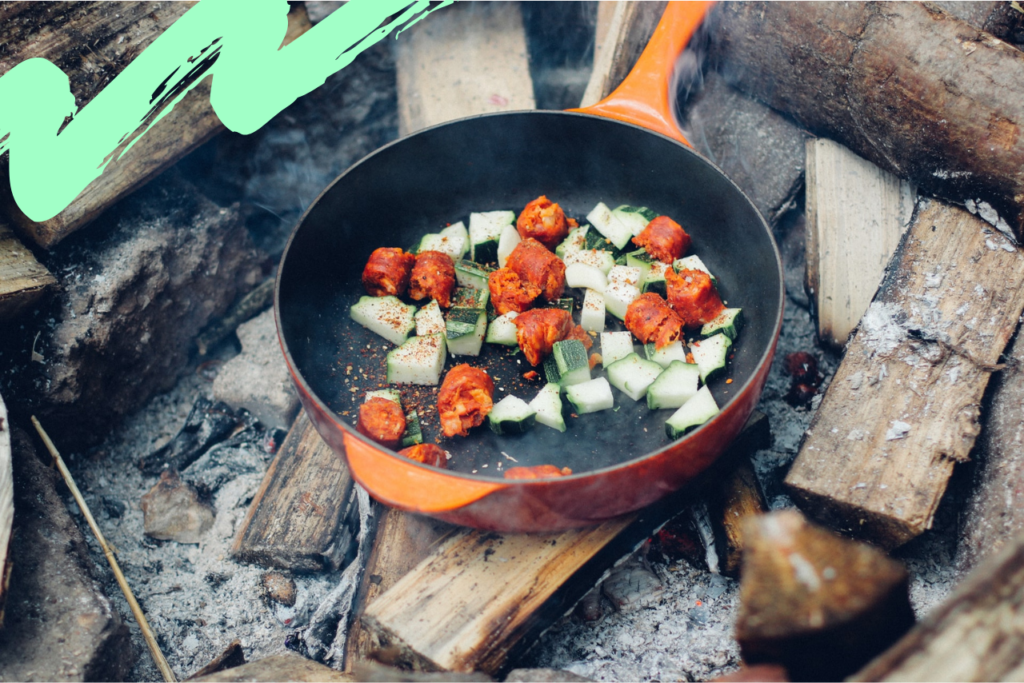What makes camping such a wonderful experience is the opportunity to step away from all the demands of everyday life and get a chance to relax and unwind. It allows you to enjoy the wonders of nature, as well as the companionship of friends and family. And unlike expensive vacations in remote locations, camping is easily accessible to anyone. All you need is some basic equipment and a good camping site.
As you get closer to nature, you will have to learn how to live in harmony with it. In the end, we all are responsible for the pristine environment, so we should do our best to keep it clean. To do so while camping, you should stick to reusable dishes, prepare meals yourself, use natural cleaning supplies, and camp in designated areas, among other things. As you plan your next camping trip, make sure you follow the environmentally-friendly camping tips described below.
Pick the Right Gear
The gear you will need while camping depends on your preferred camping style. However, one thing is certain: don’t bring anything that isn’t absolutely necessary. This means that you should avoid taking any luxury items and gadgets with you; instead, focus on things that will add to your comfort and convenience.
On top of that, you can limit your impact on the environment by choosing sustainable solutions. For example, a solar generator for camping trips is a great alternative to traditional batteries, as it allows you to recharge the necessary devices using a renewable energy source. Moreover, instead of buying brand new camping gear, you can easily find second-hand equipment, which will be as good as new and much cheaper.

Stick to Reusable Dishes
If you plan to eat meals at the camp, it is much better to bring your own dishes. This will not only help you avoid using disposable plastics but also reduce the overall amount of trash you produce. Dishes made out of paper and cardboard are an excellent choice if you are planning a short stay, as they are lightweight and biodegradable. Metal or wood bowls are a better choice, however, as they are much more durable and easier to clean and can serve you for a longer time.
Prepare Meals Yourself
Preparing meals yourself is a great way to reduce waste and lower your carbon footprint. There are plenty of easy camping recipes you can try, such as omelets, stir-fries, chili, and so much more. Just make sure you use fresh ingredients and refrain from eating too much meat, as it is a resource-intensive product.
When preparing for the trip, consider getting organic foods. Not only are they often healthier alternatives to processed ingredients, but they are also grown without the use of chemicals and pesticides, making them much more environmentally friendly.

Use Natural Cleaning Supplies
When it comes to cleaning, a good way to use fewer chemicals is to opt for natural cleaning supplies. Vinegar, baking soda, and lemon are just as effective and more eco-friendly alternatives to harsh chemical cleaners. You can also add some essential oils, such as lavender, eucalyptus, thyme, and peppermint, to give them a more pleasant scent.
Needless to say, you should stay away from any strong disinfectants, as they can be really harmful to the environment as well as your health. The same goes for body products, so make sure to bring biodegradable soaps and shampoos.
Camp in Designated Areas
Camping in the wilderness provides the opportunity to see the most beautiful wonders of Mother Nature. However, if you want to make sure you don’t damage the environment, it is vital to camp in designated areas only. Otherwise, you risk scaring away animals, disrupting their usual habits, and posing a general threat to everything around you, especially if you plan a campfire.
There are numerous campgrounds located near trails and actual wilderness, so you can enjoy the beauty of nature without spoiling it, not to mention that such sites are often safer and more convenient than wild camping.
Make Your Campfire Safe
Campfires are an inseparable part of camping. However, if you want to keep them safe, it is essential to follow some basic rules. First and foremost, never leave a campfire unattended. This means that you should always make sure it is completely out before going to sleep or leaving. And if you use firewood, collect it from the ground and not from living trees.
To ensure you have a safe fire, it is essential to clear the area of all dry materials. Also, keep the fire in a pit that has been dug for that purpose. And, if possible, add some fireproof materials, such as sand or clay, around the campfire and then use it to put out the fire to minimize the risk of spreading.

Dispose of Waste Properly
The next time you go camping, avoid using plastic bags and throw your trash in the designated bins. This way, it will be easier to sort it out and limit the amount of waste going to the landfill. In addition, you should consider bringing reusable containers with you, so you can carry everything you need rather than use disposables.
If possible, try to avoid burning any trash, as it can cause wildfires. The same goes for glass bottles, so make sure you rinse them out before putting them in the recycling bin. Also, as tempting as it may seem, don’t try to get rid of food waste by throwing it away. Instead, look for a dumpster near your campsite and dispose of it there.
To Sum Up
Camping is a great way to enjoy the wonders of nature and spend some quality time with your loved ones. However, if you want to minimize your impact on the environment, you should follow these environmentally-friendly camping tips.
For example, use reusable dishes and avoid taking any disposable items with you. Also, cook your own meals and choose natural cleaning supplies. And if you are planning a fire, make sure you are safe and dispose of waste properly.
If you are planning a trip, make sure to use these guidelines for a greener camping experience.





